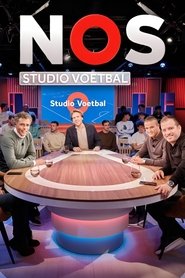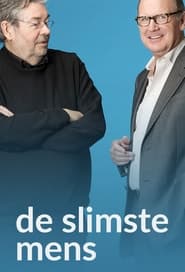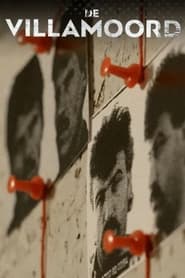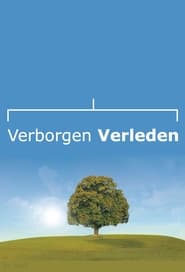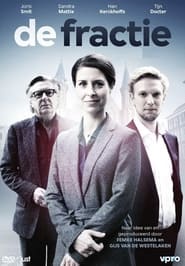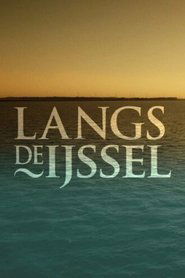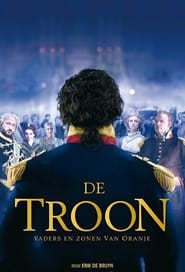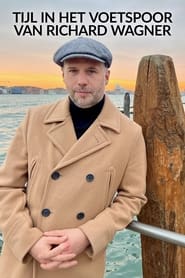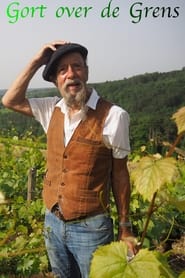Npo 2 TV Series
-
Wie is de Mol?
1999
star 8Ten candidates have to complete assignments to earn money. However, one of the group members is the Mole. The Mole's goal is to make the assignments fail and keep the amount of money earned as low as possible. The other candidates do not know who the Mole is and need to unmask them. At the end of every episode, the candidates take a multiple-choice test about the mole's identity. The person who gives the least amount of correct answers is "executed" and must leave. This process continues until only two contestants and the Mole remain. The winner is the person with the most correct answers in the final test and they get all of the money earned in previous stages of the game. -
De Slimste Mens
2012
star 8.5A quizshow presented by Philip Freriks and one-man jury Maarten van Rossum. -
Olympische Dromen
2021
Olympische Dromen
2021
-
Pointer
2019
Pointer
2019
Pointer is the platform for research journalism of Kro-NCRV on TV, radio and online. We keep your sharp and address the issues of now. We do this with the latest methods and the most experienced journalists, and we are always transparent about our approach. -
Zomergasten
1988
Zomergasten
1988
This VPRO's ‘summer classic’ is based on an equally simple and refreshing idea that originated in 1988: When during the summer most of the channels are showing reruns, ask interesting people people to curate their ‘favorite television evening’ and let them clarify the fragments in a long-form interview/conversation. The programme was first aired in 1988. Each episode takes up an entire Sunday evening, lasting typically three hours. It consists of an in-depth studio interview with a notable Dutch, Belgian or other Dutch-speaking foreigner, interspersed with cinema or television footage selected by the guest, which is subsequently discussed. Guests include writers, scientists, television personalities, politicians or business people. -
The Villa Murder
2020
star 7A documentary series about possibly the biggest miscarriage of justice in the Netherlands. The makers conduct research on the basis of unique material, including 160 interrogation tapes. Were nine men innocently imprisoned for years? -
Metropolis
2008
Metropolis
2008
-
Verborgen Verleden
2010
Verborgen Verleden
2010
In Hidden Past, famous Dutch people go in search of their family history. Who were their ancestors and what did they do? To find out, the main characters have to travel. Sometimes very far back in the past, sometimes much closer. In Hidden Past, the broad lines of history become visible in the stories hidden in the family trees of the main characters. -
De Fractie
2015
De Fractie
2015
-
Langs de IJssel
2023
star 8In Langs de IJssel, Huub Stapel follows the IJssel, the most idiosyncratic river in our country. It does not flow from East to West like other rivers, but towards the North. Huub investigates the role this river plays in the landscape, its history and the lives of the people who live on its banks. -
MAX PubQuiz
2019
MAX PubQuiz
2019
-
Jeugdjournaal
1981
Jeugdjournaal
1981
Jeugdjournaal is a Dutch television news programme produced by the Dutch public service broadcaster NOS for children. The programme has been broadcast since 1981. The aim of Jeugdjournaal is to present news that is both of interest and understanding to young viewers, without shying away from the main national and international news headlines. The broadcasts are viewed extensively by older viewers; about one-sixth of the programme's viewership are adults. Jeugdjournaal is involved in setting up similar shows in several countries where neutral news broadcasts are scarce. A main evening programme airs at 6:45pm, running for 15 minutes every night on Nederland 3. A 5-minute update also airs on weekdays at 4:25pm. The short afternoon updates and a weekly compilation programme are broadcast on the international Dutch-language television station, BVN. -
Atlas
2021
Atlas
2021

